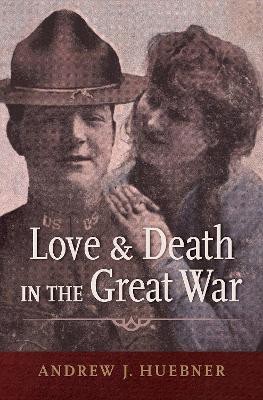Love and Death in the Great War(English, Hardcover, Huebner Andrew J.)
Quick Overview
Product Price Comparison
Americans today harbor no strong or consistent collective memory of the First World War. Ask why they fought or what they accomplished, and "democracy" is the most likely if vague response. The circulation of confusing or lofty rationales for intervention started from the moment President Woodrow Wilson secured a war declaration in April 1917. Yet amid those shifting justifications, Love and Death in the Great War argues, was a more durable and resonant one: Americans would fight for home and family.Intervention came at a moment when arbiters of tradition regarded those very institutions-the white family in particular-under pressure from all sides: industrial work, women's employment, immigration, urban vice, woman suffrage, and most incendiary, the imagined threat of black sexual aggression. Alleged German crimes in France and Belgium seemed to further imperil women and children. Americans would fight, many said, to protect the family literally, but also indirectly. War promised to restore convention, stabilize gender roles, and sharpen male character. Love and Death in the Great War tracks such ideas of redemptive war across public and private spaces, policy and implementation, home and front, popular culture and personal correspondence. Huebner merges untold stories of men and women from Missouri, Wisconsin, Alabama, Louisiana, and other places with a history of wartime culture. Studying the radiating impact of war alongside the management of opinion, he recovers the conflict's emotional dimensions-its everyday rhythms, heartbreaking losses, soaring possibilities, and broken promises. Telling the war story as a love story, however, generated contradictions and challenges, some subtle, some transformative, some violent. African Americans and women serving in the army disrupted narratives of white chivalric rescue. Military life proved inhospitable to virtue. Death and injury brought destruction not regeneration. An army of mostly drafted men sought recompense for lives interrupted as much as patriotic or personal credibility. After the Great War, the mobilization of real and symbolic families would never quite look the same again.


